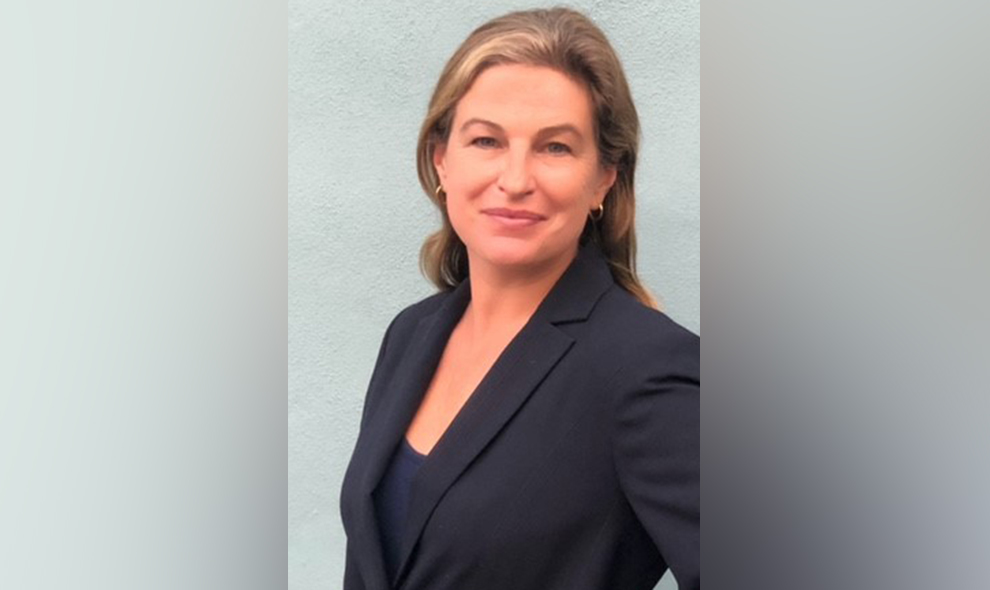What regulatory issues are commonly encountered by new firms in the wealth management and investment advisory sector?
All wealth management and investment advisory firms face regulatory issues at all stages of growth. That is the nature of existing and growing as a regulated entity. That said, it is critical for new firms to assess and fulfill the regulatory requirements right out of the gate.
Two regulatory issues stand out in the beginning: disclosures and advertising. For example, for private fund managers, those initial fund documents must have comprehensive and detailed disclosures so that, prior to the time of investment, the dual audience of investors and regulators can assess and understand material terms, including, for example, fees, expenses and co-investment rights and obligations. Regarding advertising, for instance, it is critical that all new advisers and wealth management firms ensure their advertising efforts conform to the specifics of the applicable advertising and marketing rules, in particular under the Investment Advisers Act of 1940, as amended, and meet the high standards of the fiduciary duty where applicable.
While disclosures in fund documents and client agreements are critical, and all must assume that each advertising piece or marketing pitch will land in the regulators’ laps for review, we at CSS often also receive more general questions from advisory start-ups on operational issues as well as the compliance obligations. The SEC’s Division of Examinations monitors newly registered firms through examinations that assess a multitude of additional critical topics which implicate operational decision-making, including, for example, on custody and the authority of the chief compliance officer. CSS compliance professionals also help emerging firms digest the great work done by our law firm colleagues, including creation of the fund structures, client agreements and other legal documents, and CSS professionals strategically implement the compliance protocols that complement the legal obligations.
All wealth management and investment advisory firms face regulatory issues at all stages of growth.
How can these new firms avert issues ahead of time and avoid regulatory conflicts?
I list here three “To Dos” to get off on the right foot with all obligations. These may sound basic, but the basics are often forgotten when you are suddenly in the fortunate position of having new clients and exciting opportunities. It can get fast-paced before you know it.
Number 1
To these new firms: Assess your internal strengths and weaknesses. Many times, start-up firms break away from larger entities or otherwise emerge with a small number of investment professionals, whose strengths may be on the investment side, but not on the operations or compliance side. All parts are critical to the emergence and continued success and stability of the firm. This assessment of internal strengths and weaknesses then lays the groundwork for vendor and software decisions, and the due diligence approach to each. You will need competent vendors that know your business and can provide cost-effective solutions for you now and into the future, and these vendors often should work together on behalf of your emerging entity. Here at CSS, for example, we regularly partner with top tier law firms, AI-enabled solution providers, and other material vendors with international reach to optimize knowledge, operations, and technology.
Number 2
Do not forget to be practical. Develop the goals and definitely keep the dreams, but also be practical. Think about what you can develop and maintain in the next six months, in the next year, and in the next five years, because promising too much to clients or developing too far ahead of the risk controls or conflicts of interest disclosures can get you into territory that is too risky – then you are relying on luck instead of your expertise and sound judgment. You do not want to be relying on luck when you are managing third party money, when you have a fiduciary duty, and when you are in a regulated industry. So, stay practical, and this means developing and documenting your risk controls at least alongside your business ventures – preferably in advance, but at least alongside – and certainly not after the fact.
Number 3
Stay current. We are in an everchanging world, what with COVID-19, cybersecurity concerns, the emergence of new asset classes (cryptocurrencies), and global integration in general. While the fiduciary duty is a long-recognised responsibility, regulators always apply it to current realities — indeed, that is part of their job. So, for example, today, we are focused on ESG metrics, and we have the pandemic’s impacts on valuations. Hackers are consistently finding new ways to breach cybersecurity advances, and now we also have cryptocurrency as ransomware as well as for client portfolios. So, part of the firm needs to be agile enough to consider, or bring to the appropriate committee, consideration of current realities, so that the firm can develop written policies and procedures that reflect thoughtful risk parameters and evidence fulfillment of the fiduciary duty.
You do not want to be relying on luck when you are managing third party money, when you have a fiduciary duty, and when you are in a regulated industry.
What these three “To Dos” require is healthy coordination internally and with your significant vendors. Behind healthy coordination are honest self-assessments and transparent internal conversations – working together, not undermining one another or focusing blame. Utilise your team in a way that supports growth while maintaining stability. If there is this healthy coordination and communication, then I believe that this helps ensure that clients and investors are receiving timely and comprehensive disclosure – a perennial concern for regulators.
What are recent developments in this space and additional concerns for a growing firm?
I touched on some above: cybersecurity threats, ESG, and considerations around a firm’s use of or investment in blockchain technology and digital assets. Firms also should consider use of leverage, credit facilities, and similar products for accounts or for its own growth.
Additionally, under the Advisers Act, the industry is preparing to meet the 4 November 2022 compliance date for the amended Marketing Rule. Also, high on the gravity scale, many financial institutions must or should incorporate more robust anti-money laundering controls and adhere to mandates and advisories published by the Financial Crimes Enforcement Network.
[ymal]
Overall and in summary, find a mixture of human and technological solutions that can both meet your current demands and expand with your growth, whether that growth may be, for example, geographic expansion, new products, or an acceleration of assets under management.
Eugenie L Warner
Compliance Solutions Strategies (CSS)
Address: 777 Third Avenue, 10th Floor, New York, NY, 10017
Telephone: +1 212-576-1170
Email: info@cssregtech.com
Eugenie L Warner
I am a lawyer and working as a Senior Consultant with Compliance Solutions Strategies (“CSS”). CSS is a global company providing innovative, technology-driven solutions and compliance services that allow financial firms to meet regulatory compliance requirements while optimising data, operations, and technology. I have been working with CSS for about ten years; prior to CSS, I was a business litigator. At CSS, I work with numerous registered investment advisers to strategise for and implement compliance programs, and I am a Chief Compliance Officer at a private equity firm.





















